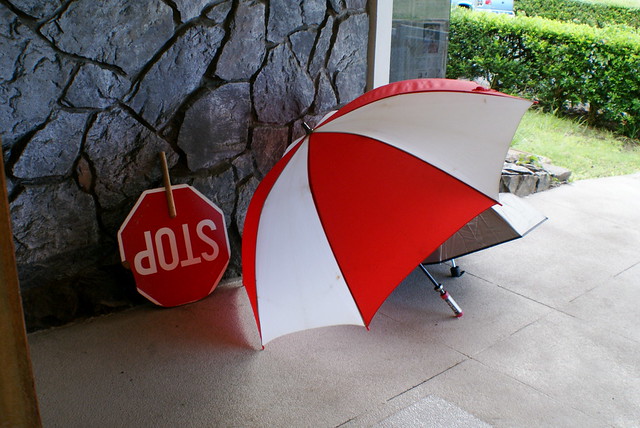The idea that libraries are wildly expensive doesn't hold up to my investigation.
I live in Plymouth MN, which is in Hennepin County.
From the county website, it looks like the library operating budget was about $69 million last year. The capital budget was about $16 million. So they spent about $85 million on libraries in a county with 1.15 million people.
That's a per person cost of about $74/year for libraries. For my family of three, that amounts to $222/year. That's not a huge ebook budget for three people (although our two month old isn't reading yet

).
For perspective, our state and local property tax burden was about $9000 plus whatever sales taxes we've paid (we bought a car last year, so the sales tax is not trivial, I just don't keep records of it).
I just looked up the price of the library books I currently have out--
Don't vote it just encourages the bastards $9
Moyers on Democracy $11.99
False Alarm $10.49
Divided America $12.99
Empire of Illusion $8.20
That's $50 in books in one month right there for just me. Unless the pricing on eBooks changes dramatically, I don't see eReaders replacing libraries anytime soon.
Frankly, I still see them as toys for the mostly affluent.
We don't have an eReader (although my wife likes her Ipod, and reads a lot of online stuff on it now).


